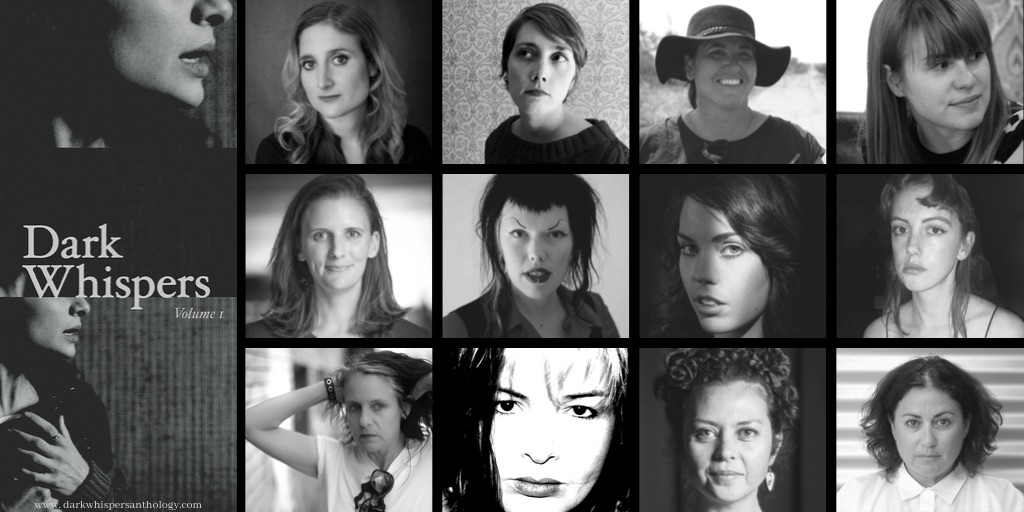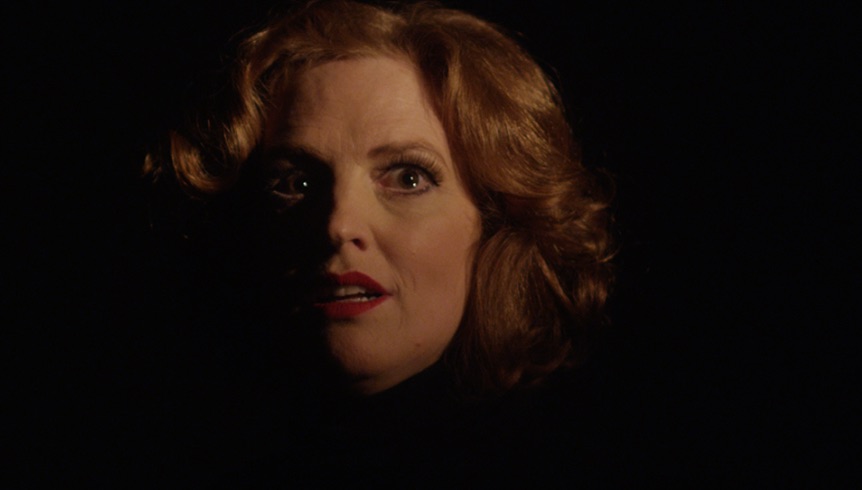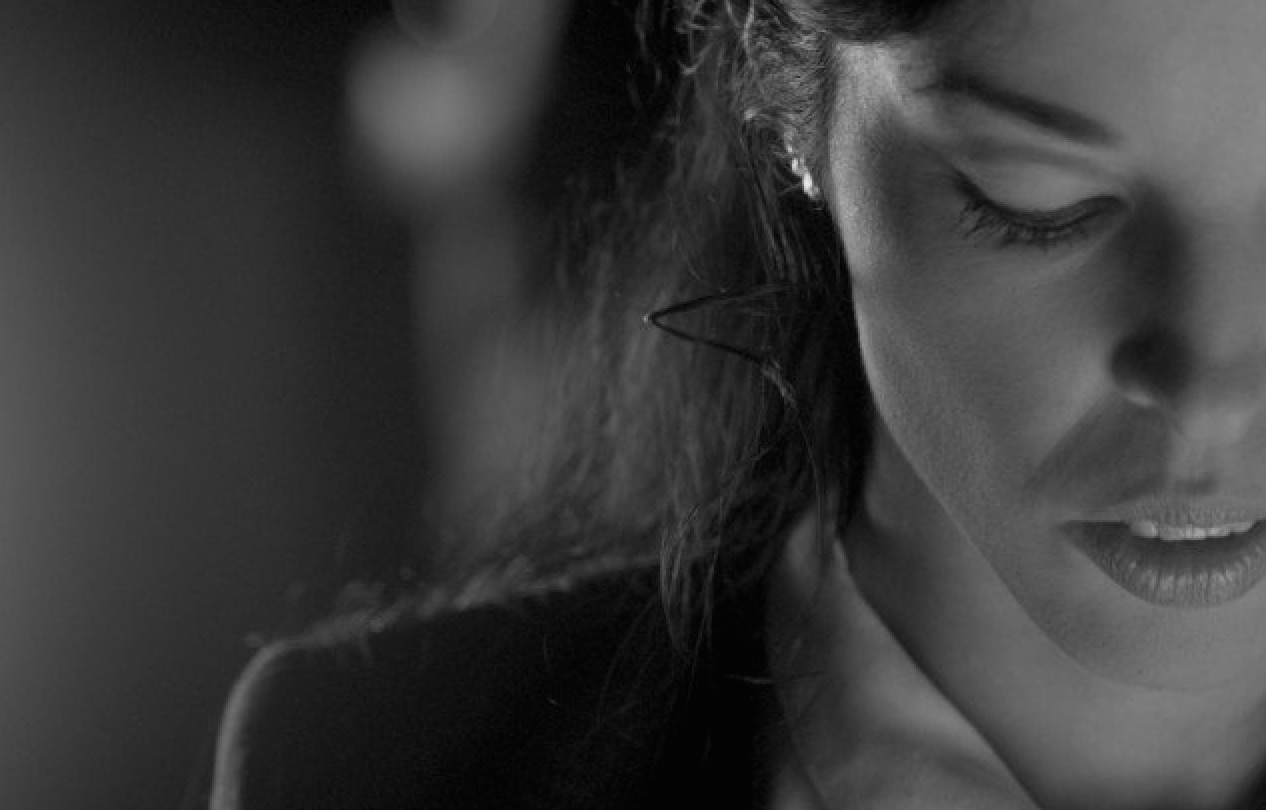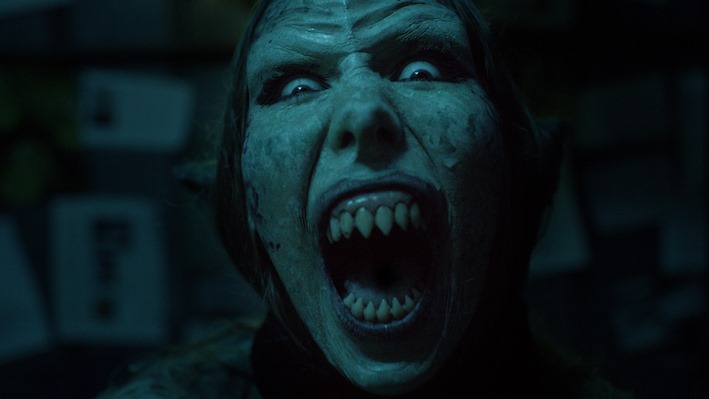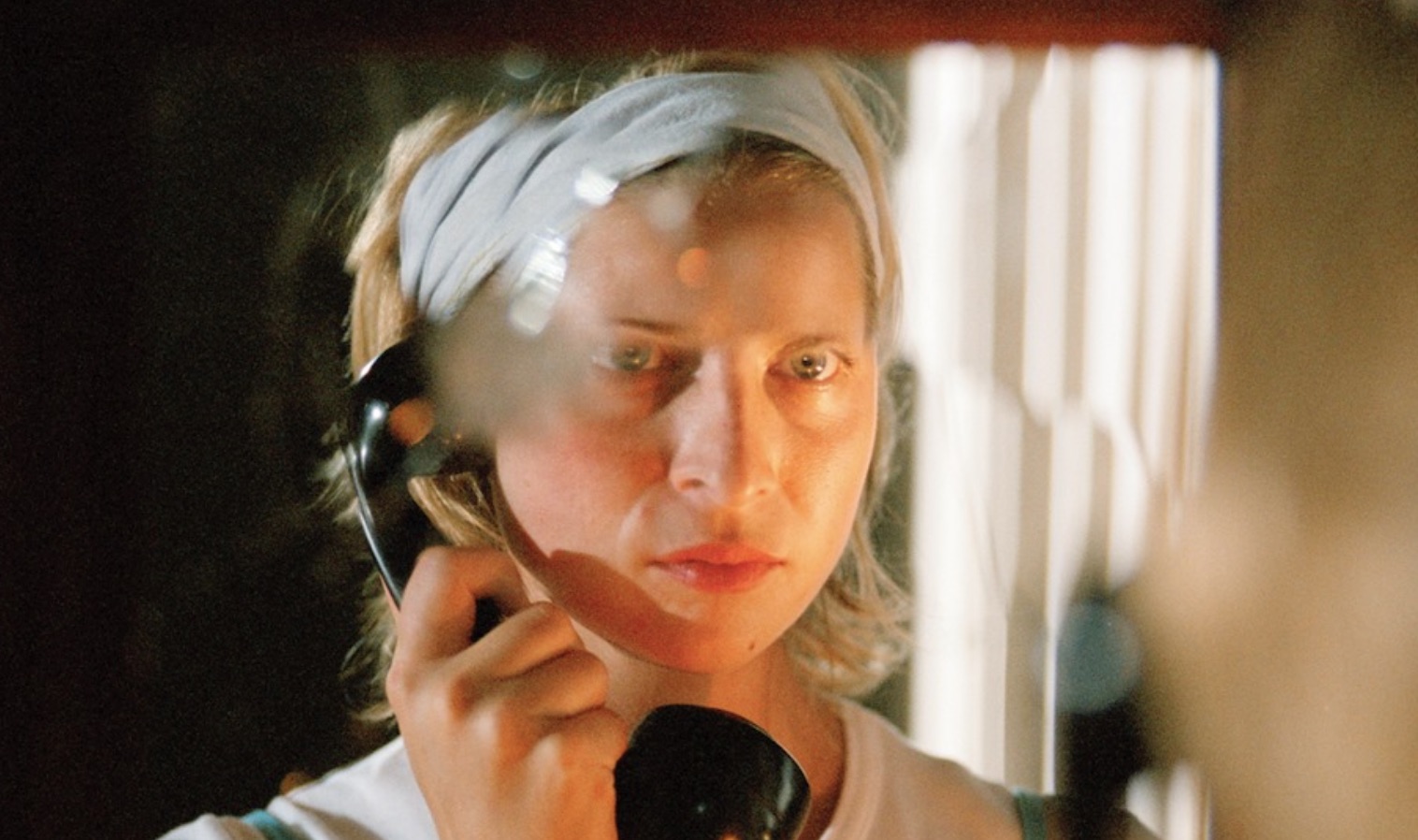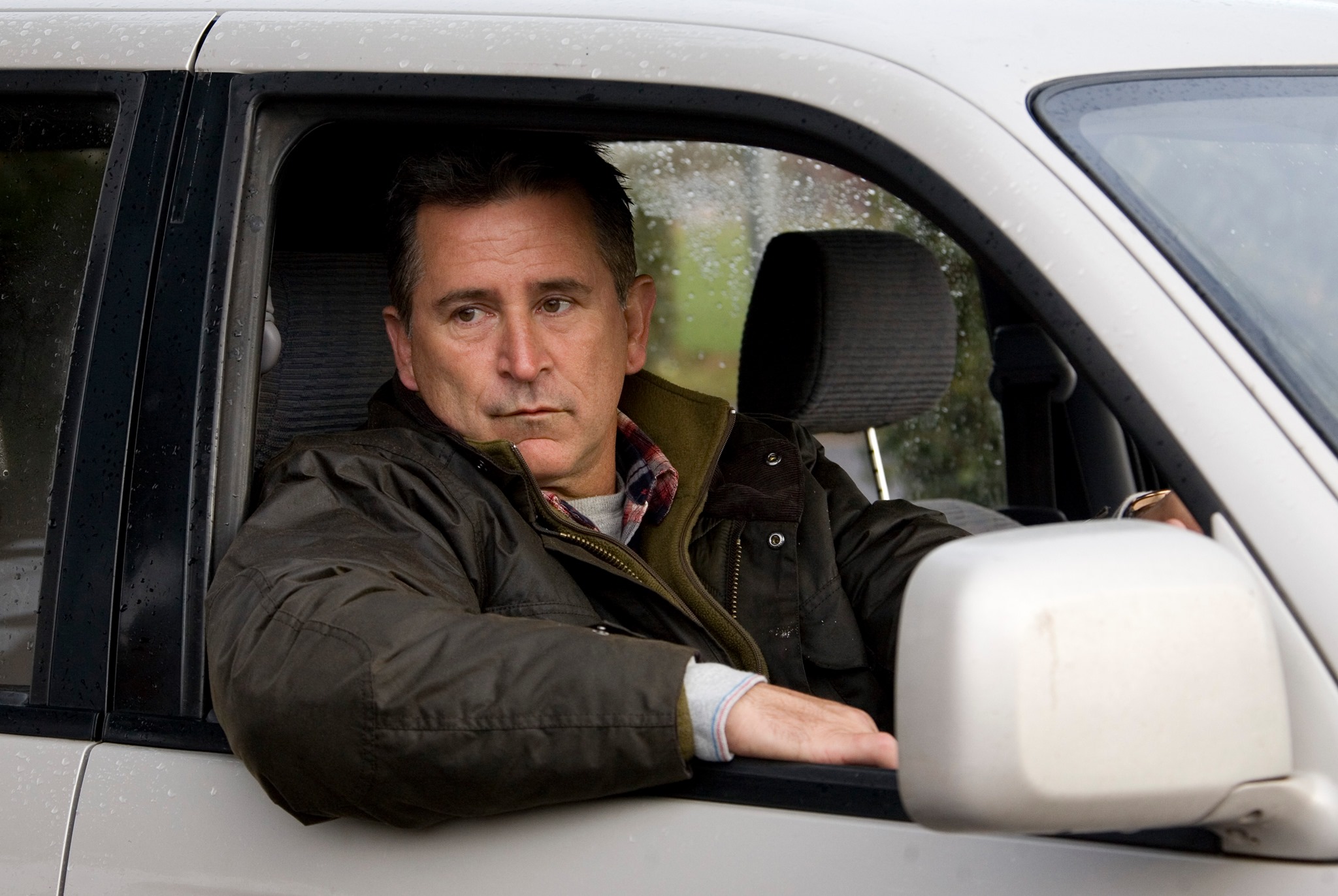THE FURIES' FINAL GIRL: THE AIRLIE DODDS INTERVIEW
 Wednesday, October 30, 2019 at 3:20PM
Wednesday, October 30, 2019 at 3:20PM FANGORIA X MONSTER FEST 2019: The well-trodden road to overnight bigscreen success began for Airlie Dodds in 2010 with the short film, Purple Flowers. Nearly two decades later, after 10 more short films, a healthy live theatre resume and a stint on the iconic TV series Neighbours, her lead performance as the blood-splattered heroine Kayla in Tony D’Aquino’s The Furies is generating career-defining buzz. Only her third feature film role, the tough 20-day shoot in the wilds outside of Canberra required a physical commitment she was not entirely ready for. The acclaim coming her way, that, she’s ready for…
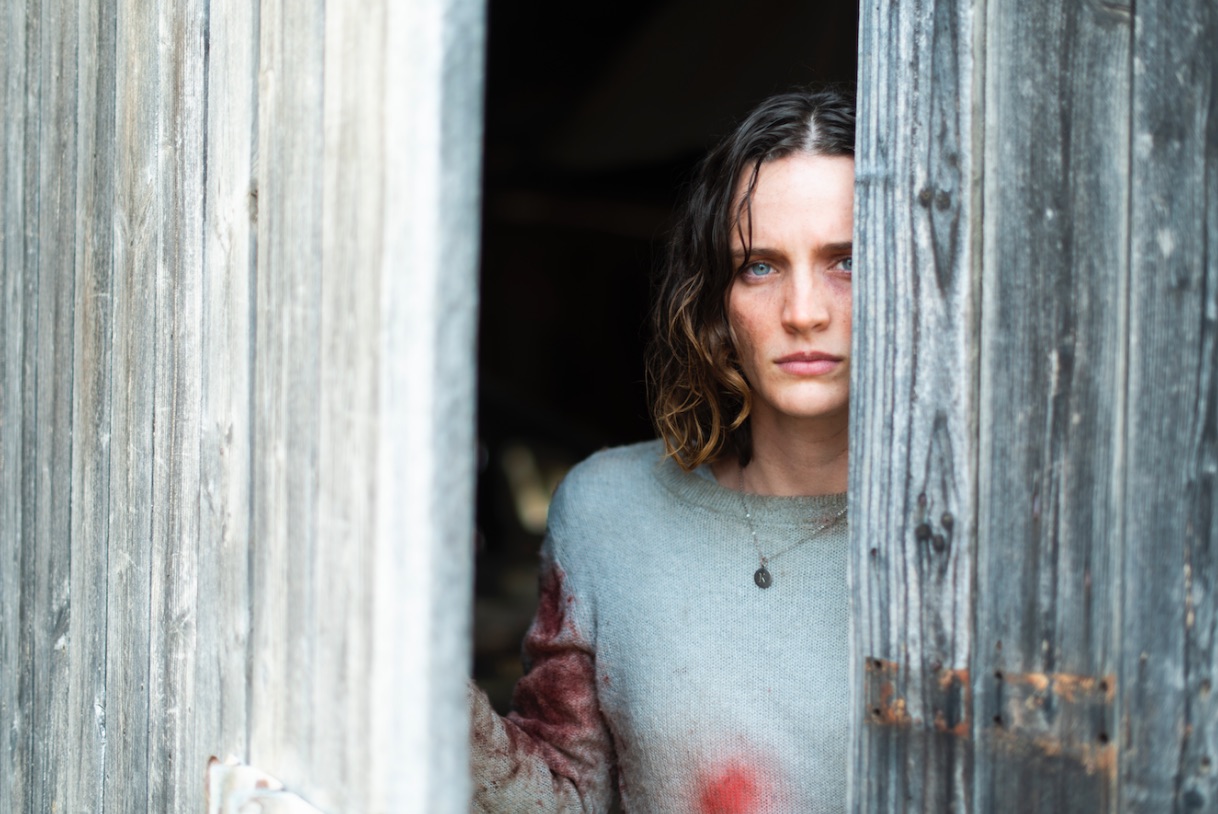
“I do a lot of short films and TV, so I turn up, do a little bit and go home,” said Dodds, addressing the Monster Fest crowd in Melbourne at a Q&A appearance hosted by SCREEN-SPACE’s Simon Foster. “So, by the second week of the shoot, I was like ‘Tony, I’m so tired!’ And he said, ‘Yeah, me too.’ But we were fine. It was exhilarating, even euphoric running through this bush location.”
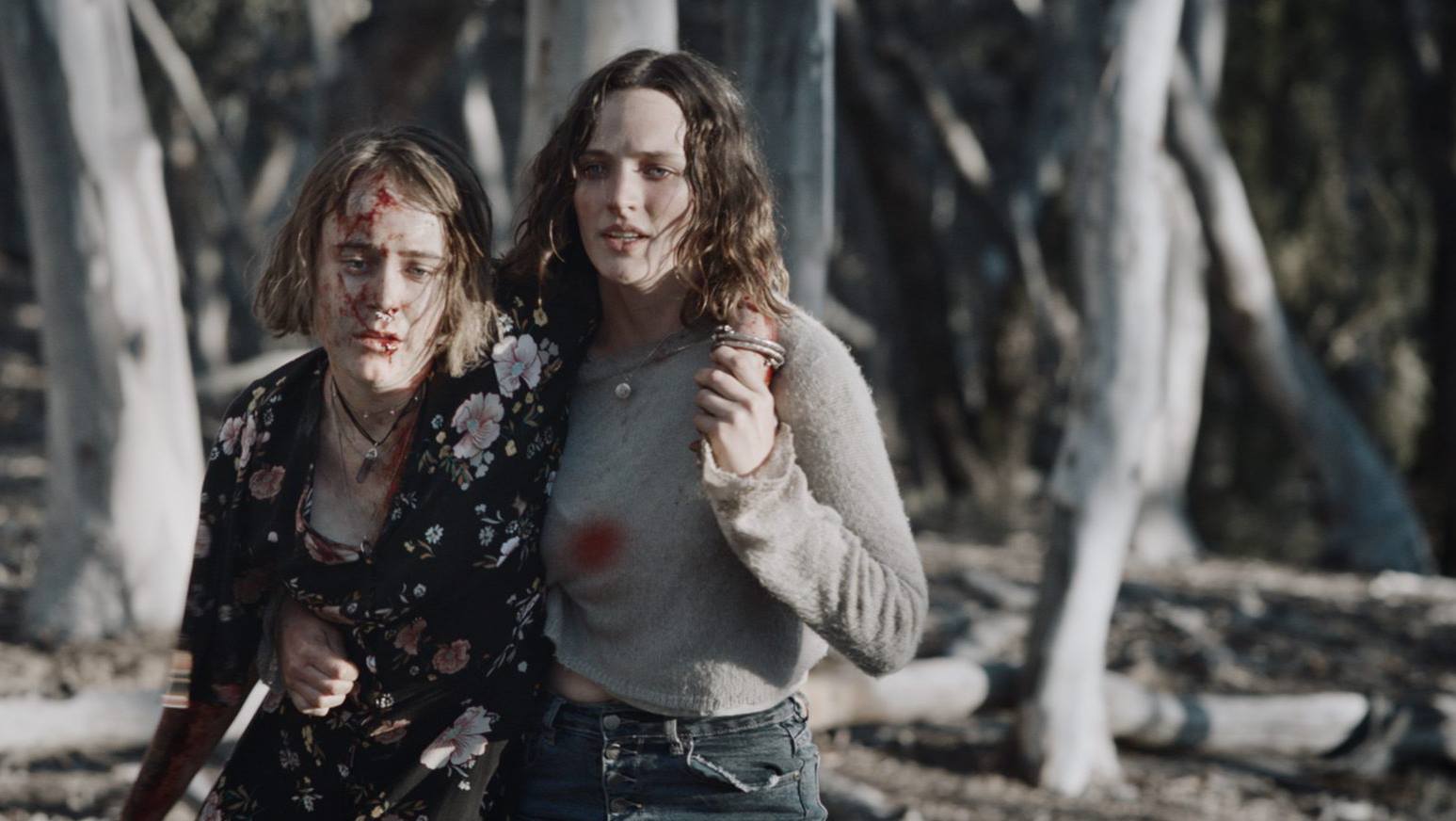 Dodds came to the audition process with a strong sense of her character, a young woman thrust into a brutal bushland game of survival when pitted against five merciless monsters. “It was pretty much all on the page, nothing really changed,” she says, recalling that moment when she had to stand before her somewhat offbeat writer/director and weigh up her career choice. “When I did the audition, it was the big scene at the end just after a key character had died. I looked down, towards Tony, and he was watching the monitor wearing purple socks and an avocado T-shirt and I’m thinking, ‘Well, this is my life’ (laughs).”
Dodds came to the audition process with a strong sense of her character, a young woman thrust into a brutal bushland game of survival when pitted against five merciless monsters. “It was pretty much all on the page, nothing really changed,” she says, recalling that moment when she had to stand before her somewhat offbeat writer/director and weigh up her career choice. “When I did the audition, it was the big scene at the end just after a key character had died. I looked down, towards Tony, and he was watching the monitor wearing purple socks and an avocado T-shirt and I’m thinking, ‘Well, this is my life’ (laughs).”
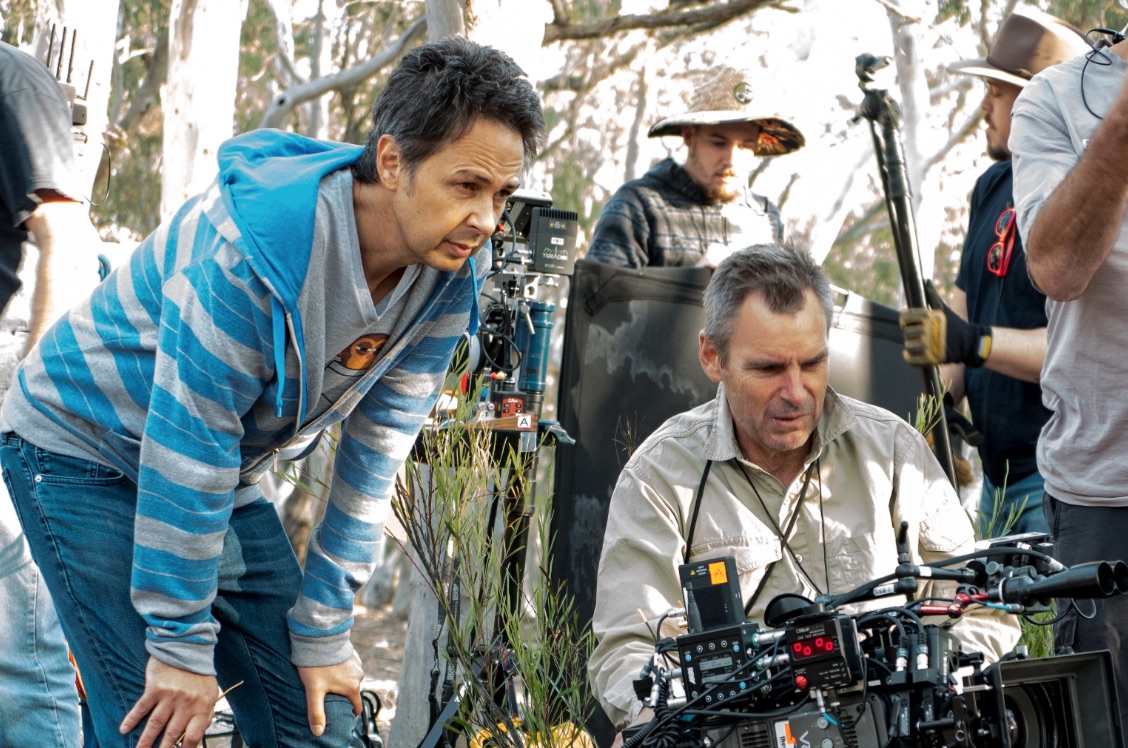 Making his feature film directorial debut, Tony D’Aquino presents as a pure gentleman, softly spoken and unassuming. Yet he has delivered a horror opus that harkens back to the most gruesome examples of the slasher genre; no surprise his favourite film is The Texas Chainsaw Massacre. For Dodds, that dichotomy of character helped her build trust with her director. “He’s very gentle and quite meek,” she recalls fondly. “You might think that in a performative sense he would be pushing for intensity, but his gentleness can ground you at times, which felt very nurturing.” (Pictured, left; D'Aquino, left, with DOP Garry Richards)
Making his feature film directorial debut, Tony D’Aquino presents as a pure gentleman, softly spoken and unassuming. Yet he has delivered a horror opus that harkens back to the most gruesome examples of the slasher genre; no surprise his favourite film is The Texas Chainsaw Massacre. For Dodds, that dichotomy of character helped her build trust with her director. “He’s very gentle and quite meek,” she recalls fondly. “You might think that in a performative sense he would be pushing for intensity, but his gentleness can ground you at times, which felt very nurturing.” (Pictured, left; D'Aquino, left, with DOP Garry Richards)
The complex psychology of Kayla was key to the actress going after the role. She had played lauded support parts in Damian Power’s acclaimed thriller Killing Ground and Heath Davis’ comedy/drama Book Week, and was ready to graduate to a multi-dimensional lead role. “The main thing about Kayla within this type of genre film is that it helps her emerge, really weaves out her inner strength,” says Dodds, who responded to the convincing character arc in D’Aquino’s script. “When you meet her, you’re not inclined to think her very strong, and she doesn’t really know herself until the circumstances force her to. It was less about the idea of the character and more about her immediate actions that ultimately define her.”
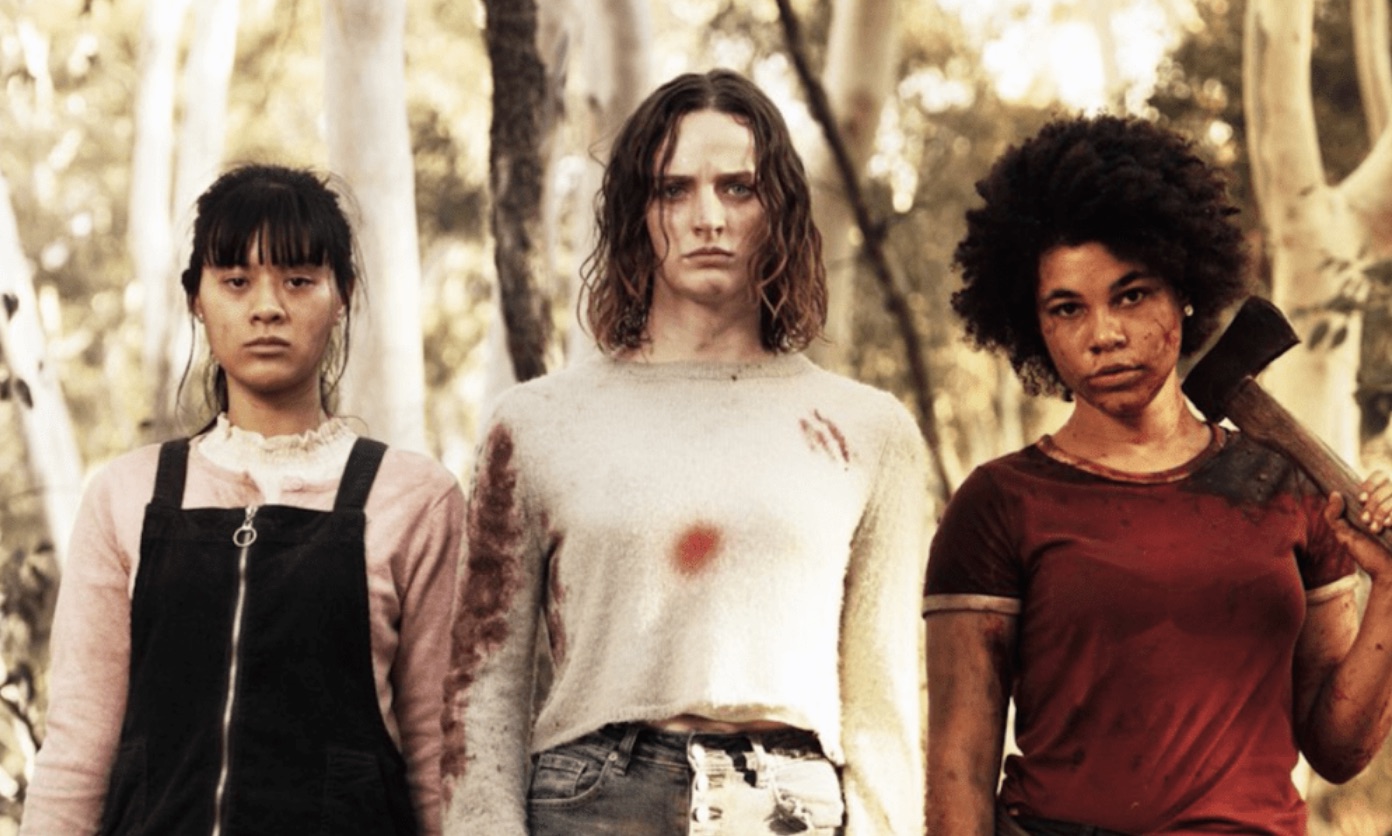 High on the actress’ list of positives was that Kayla has to interact with several female characters to survive. Actresses Linda Ngo, Taylor Ferguson, Ebony Vagulans, Danielle Horvat, Jessica Baker, Harriet Davies and Kaitlyn Boyé are granted as much complexity, if not screen time, as Dodds’ Kayla. For the actress, it was central to the story’s appeal. “There are so many stories about men being cunning and violent and manipulative and crazy, so one of the great things about this film is that it shows those complex elements being explored with women characters,” she opines. “The characters [who survive], do so because of their light, feminine value; they use compassion to get ahead. It is still a tactic, a survival tactic, but it is genuine. They all represent aspects of femininity, the resourcefulness or the vindictiveness, and I like that they are as complex as any male character.” (Pictured, above; from left, Linda Ngo, Dodds and Ebony Vagulans)
High on the actress’ list of positives was that Kayla has to interact with several female characters to survive. Actresses Linda Ngo, Taylor Ferguson, Ebony Vagulans, Danielle Horvat, Jessica Baker, Harriet Davies and Kaitlyn Boyé are granted as much complexity, if not screen time, as Dodds’ Kayla. For the actress, it was central to the story’s appeal. “There are so many stories about men being cunning and violent and manipulative and crazy, so one of the great things about this film is that it shows those complex elements being explored with women characters,” she opines. “The characters [who survive], do so because of their light, feminine value; they use compassion to get ahead. It is still a tactic, a survival tactic, but it is genuine. They all represent aspects of femininity, the resourcefulness or the vindictiveness, and I like that they are as complex as any male character.” (Pictured, above; from left, Linda Ngo, Dodds and Ebony Vagulans)
THE FURIES director Tony D’Aquino will be present for a Q&A following the Fangoria x Monster Fest session on October 31 at Event Cinemas George Street, Sydney. Check the official website for further information.
 Australian Film,
Australian Film,  Horror,
Horror,  Independent Film,
Independent Film,  Monster Fest
Monster Fest 